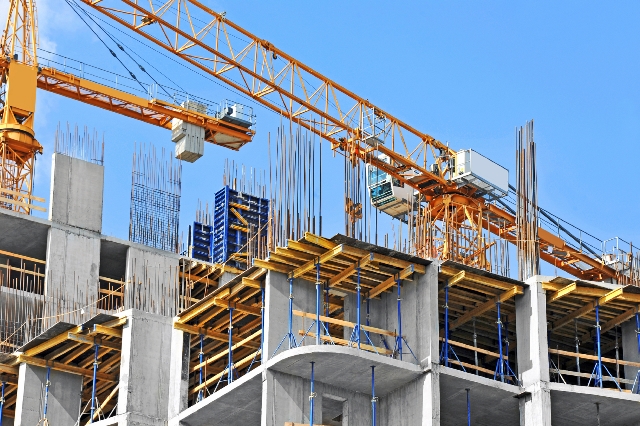The Africa’s construction sector output growth forecast has been revised to 2.3%, down from the previous projection of 3.3% (as of mid-April) and 6.0% in the pre-COVID-19 case (Q4 2019 update).
The revision by leading data and analytics company GlobalData reflects the impact on the region’s economic activity and investment growth stemming from the wider global slowdown and the outbreak of COVID-19 in the region.
Inflation, spending cuts, widening fiscal slippages, suspending some projects, which could disrupt Sub Saharan Africa construction sector, especially in the oil dependent nations of Central Africa are all the impediment factors that could lead to even lowering that forecast, says GlobalData.
Yasmine Ghozzi, Economist at GlobalData, says: “Nigeria is hit so bad having already suffered economic challenges since late last year. The oil price shock has adversely hit the country with the government possessing very limited buffers to handle the shock.
The economy is expected to slip into recession in 2020 as economic activity worsens from a full lockdown in the country’s capital (Abuja) and finance center (Lagos), which is set to last for at least four weeks.
“In addition, the economy will suffer from the sharp spending cuts as the government moves to accommodate the collapse of oil prices, which will undesirably affect the construction sector. The fiscal situation will be challenging to the extent that some states would not generate enough revenues to cover their current spending.”
Fare relatively well
GlobalData expects some sectors to fare relatively well, most notably healthcare infrastructure. Many African countries currently have lockdowns in place knowing their under-resourced healthcare systems cannot deal with large-scale outbreaks.
Local manufacturing is another promising sector; the disruption to global supply chains and the impact of depreciating currencies on import costs has re-emphasized the importance of expanding domestic capacity, which could drive investment into industrial construction works.
Meanwhile, the COVID-19 outbreak has also revealed the importance of strengthening communications infrastructure, which has already recorded rapid growth in recent years.
Ghozzi concludes: “The pandemic is expected to widen fiscal deficits across the region, particularly in commodity-exporting countries and countries dependent on tourism revenues.
While the region embraces economic and fiscal challenges, this will likely prompt shift in the government policies, which will open opportunities for investors despite a slow recovery overall.”
In South Africa for example, president Cyril Ramaphosa has announced that the country putting infrastructure development at the core of their recovery plan.
The announcement comes even as the Afrimat Construction Index, a composite indicator of the level of activity in the building and construction sectors indicated that activities in the construction industry in the country fell to a record low.
And with coronavirus infections on the rise on the continent, the full impact of the pandemic on Africa’s construction sector could be far from being determined.
Also Read
South African construction activities drop to record low-Afrimat
Covid-19 disruptions call for reimagining urban development-experts

